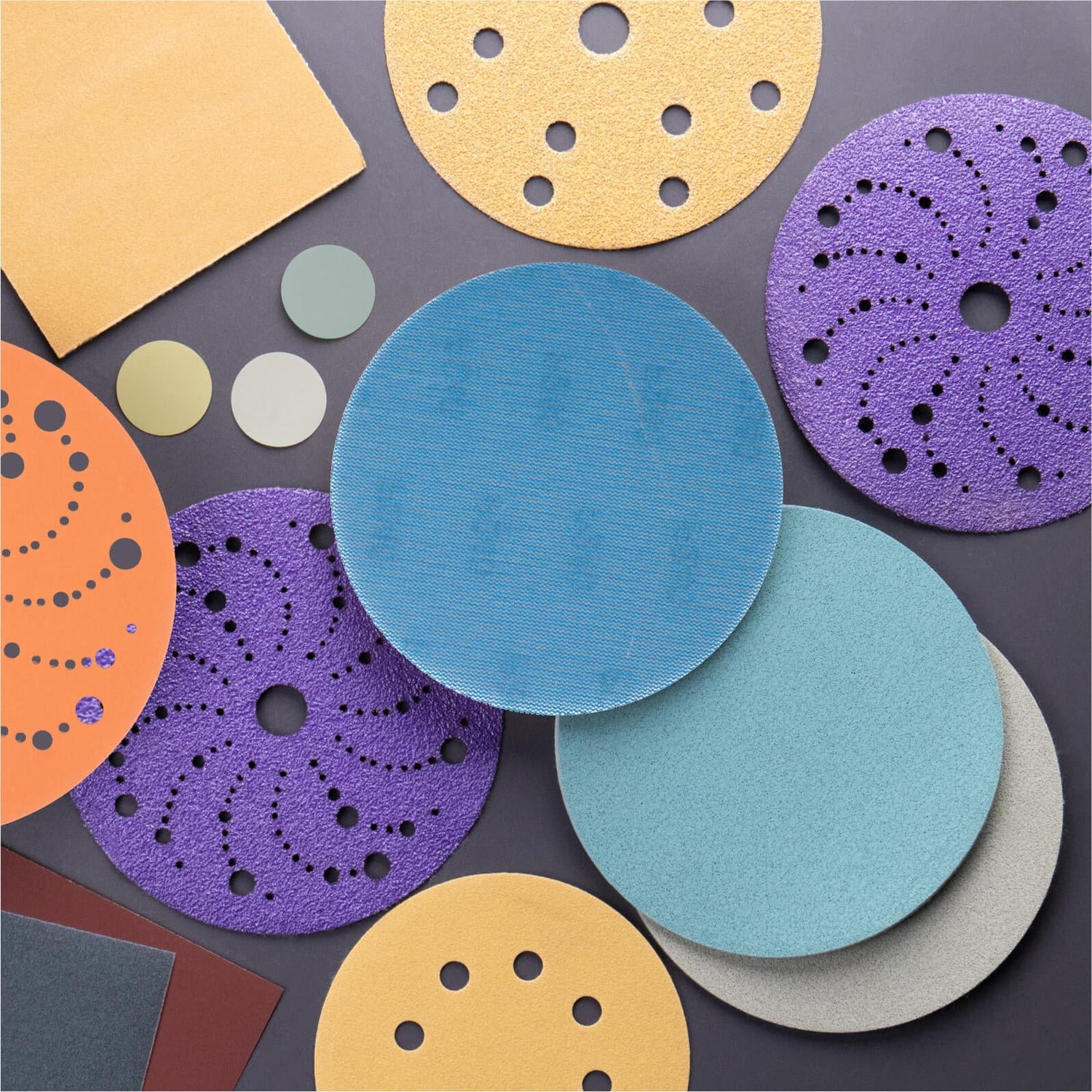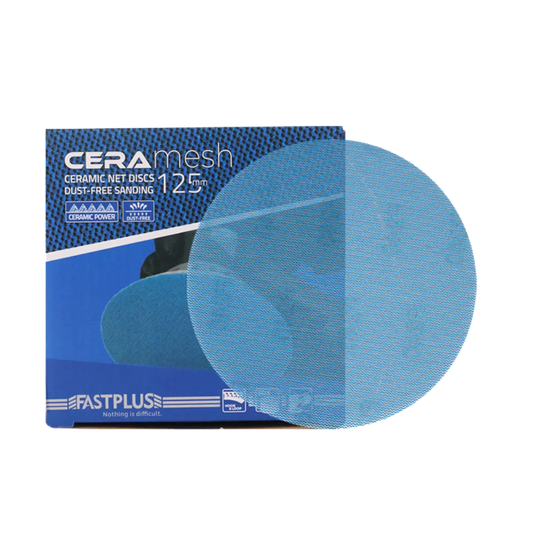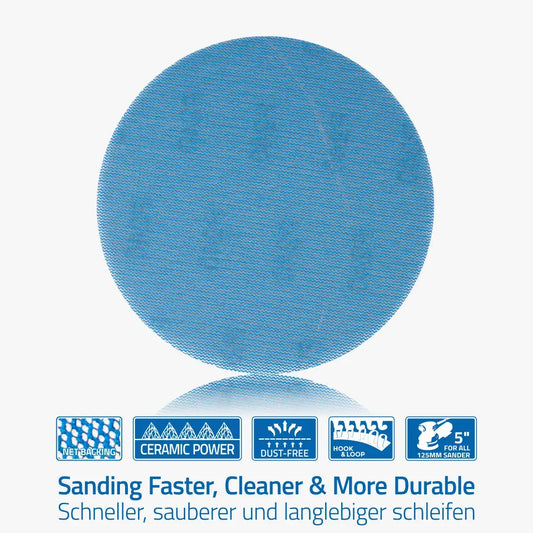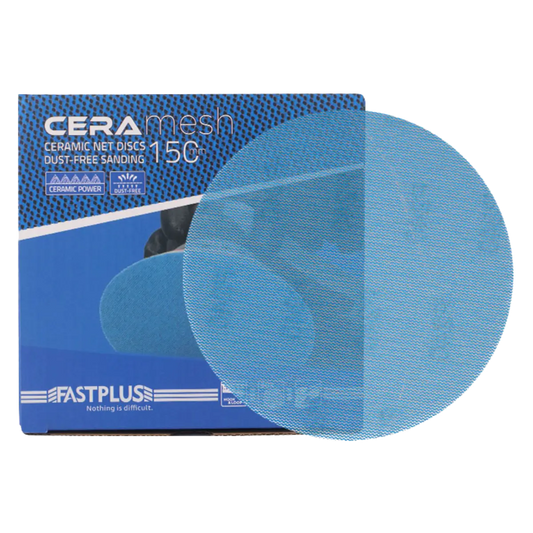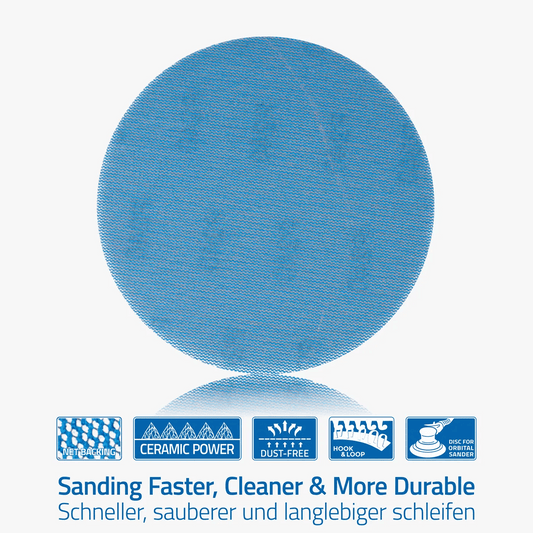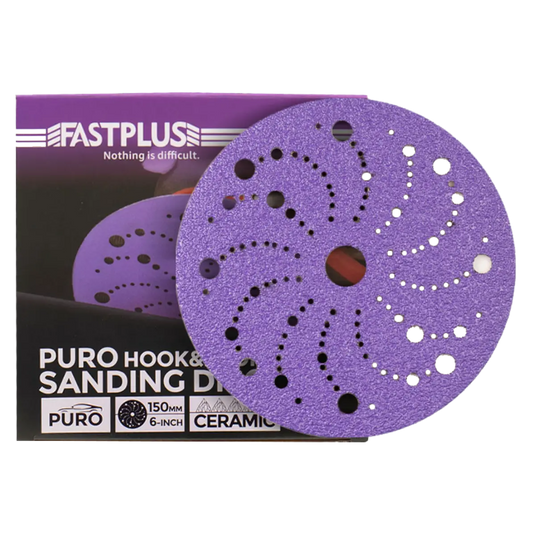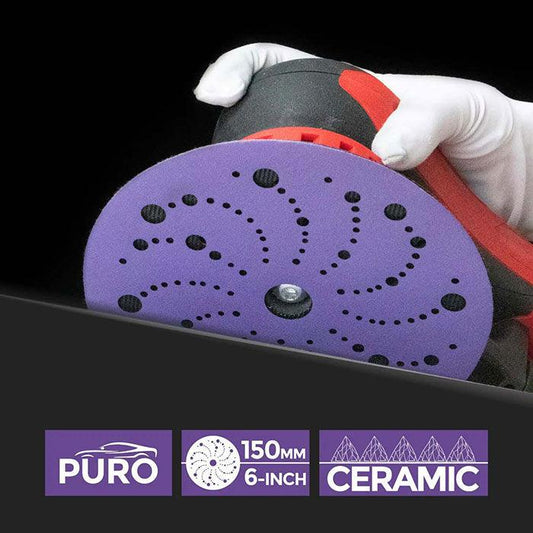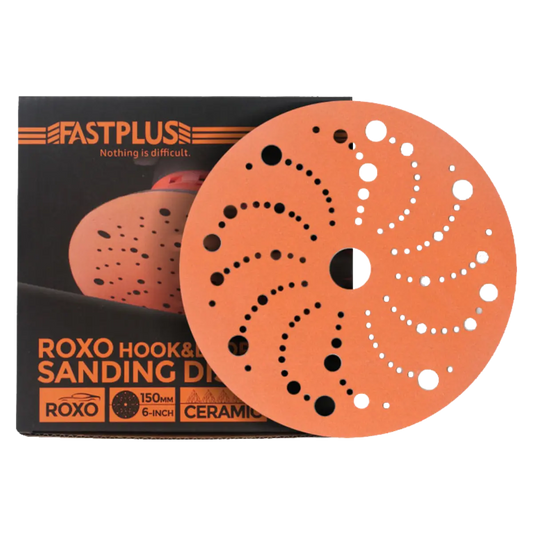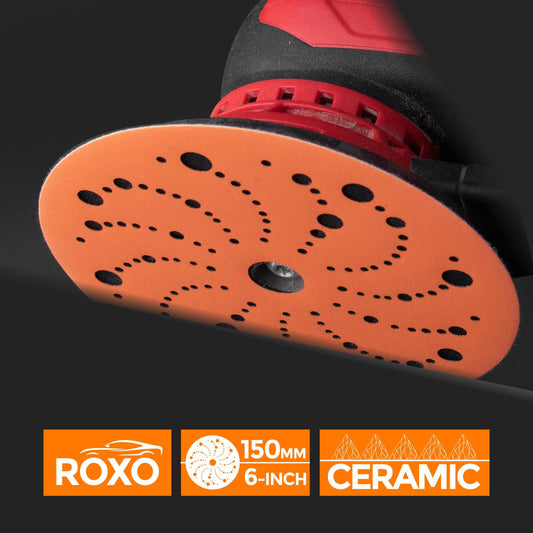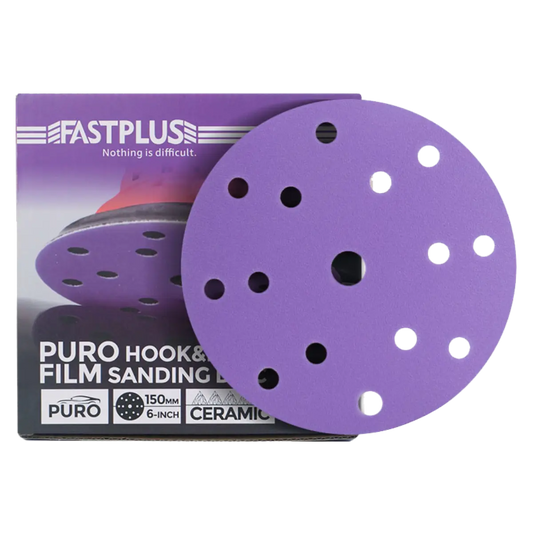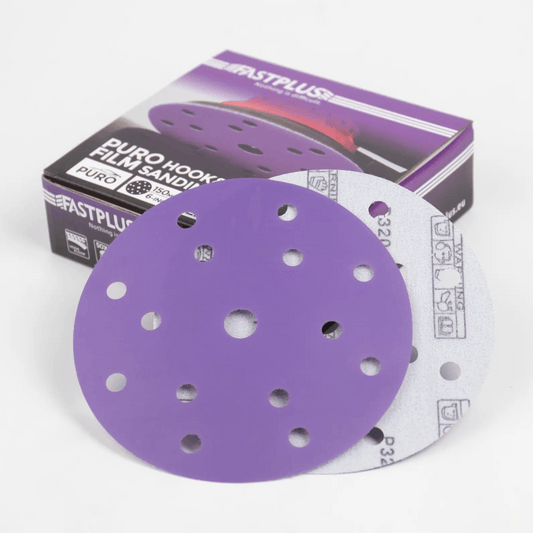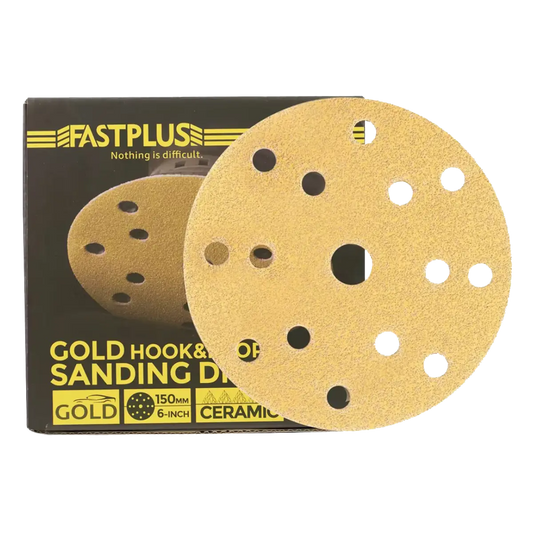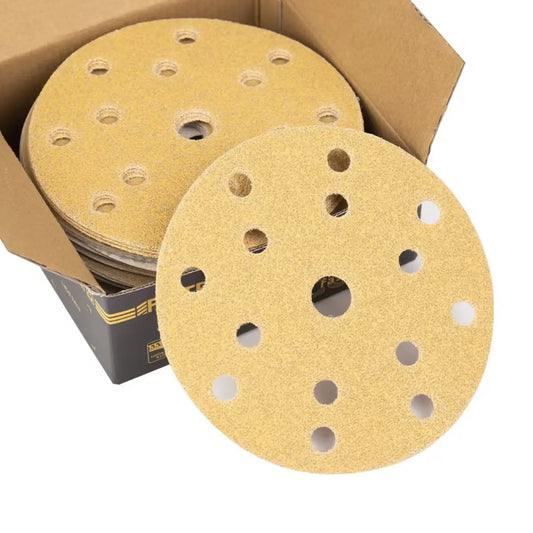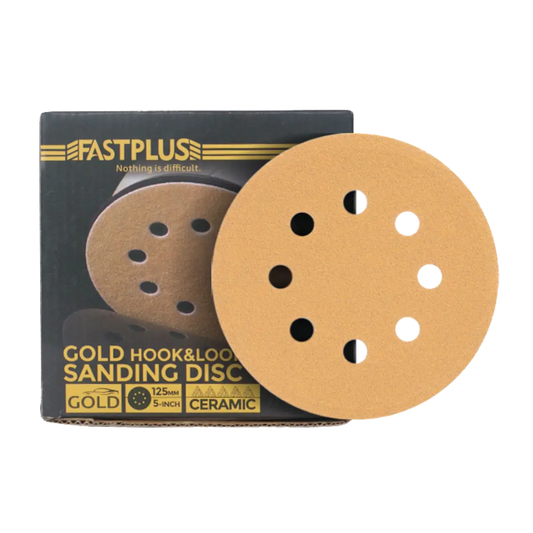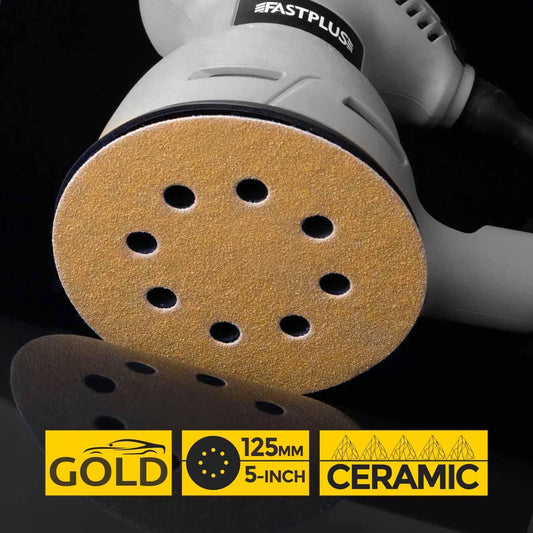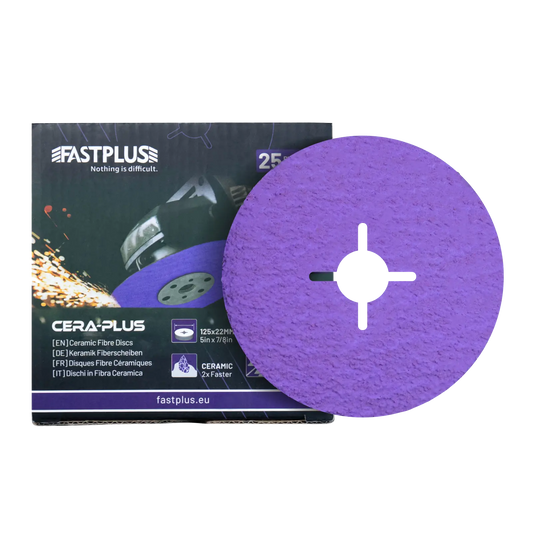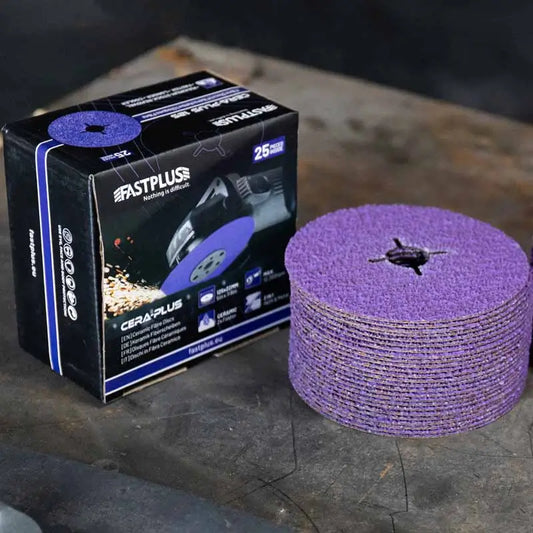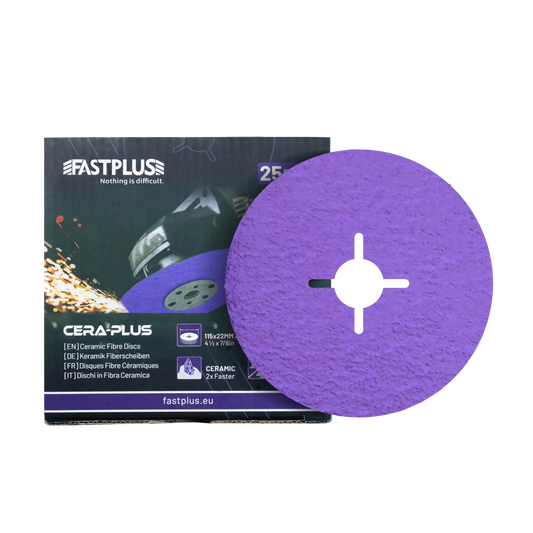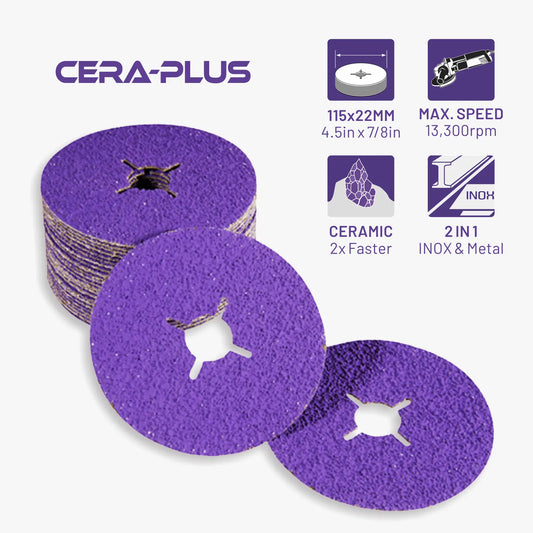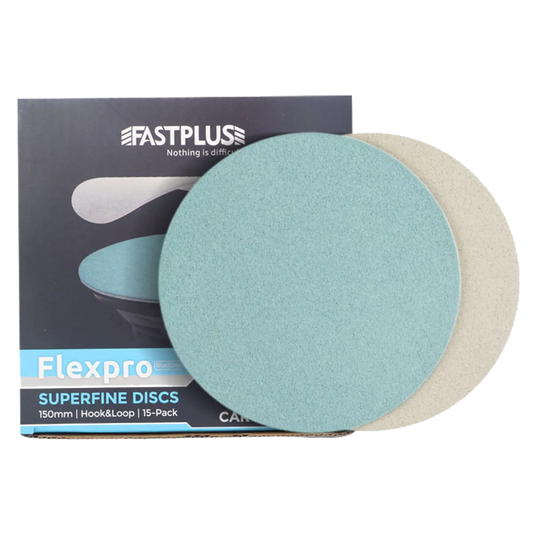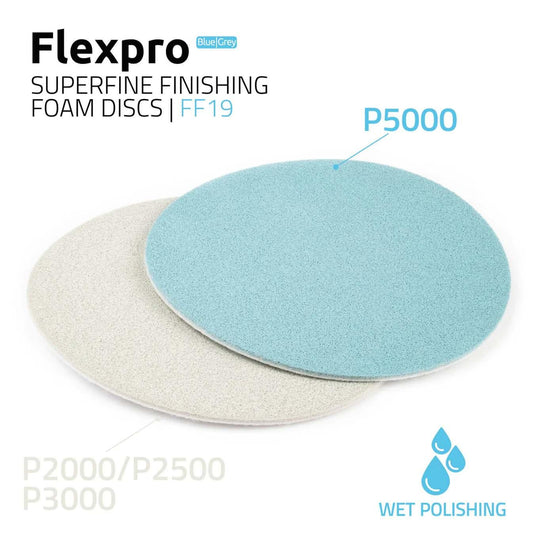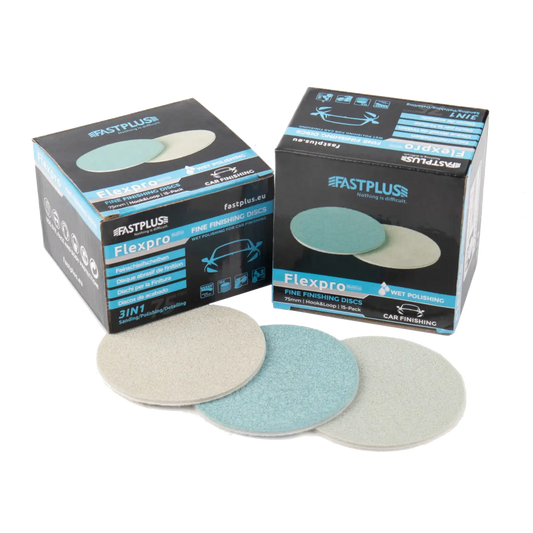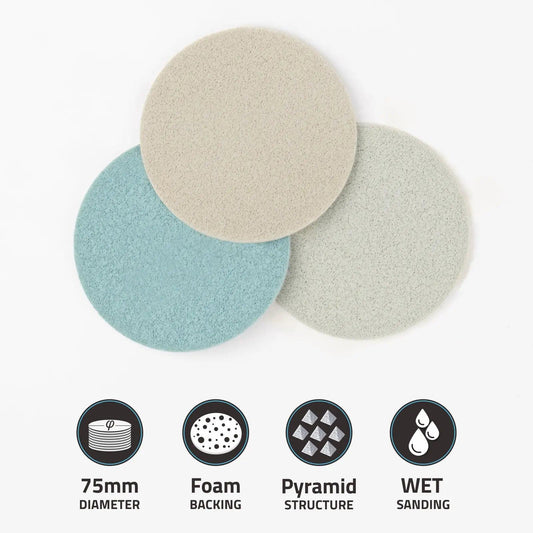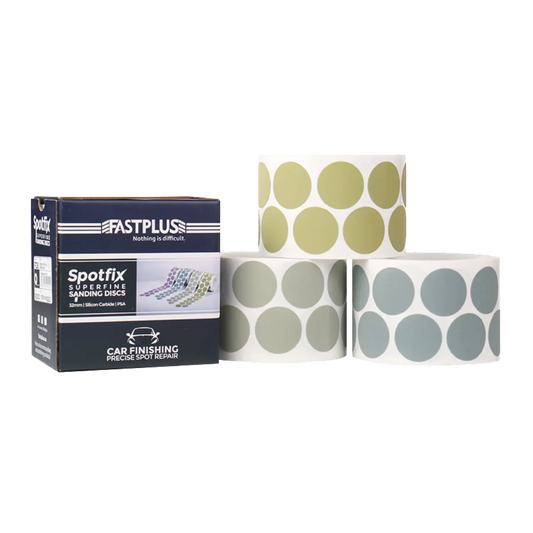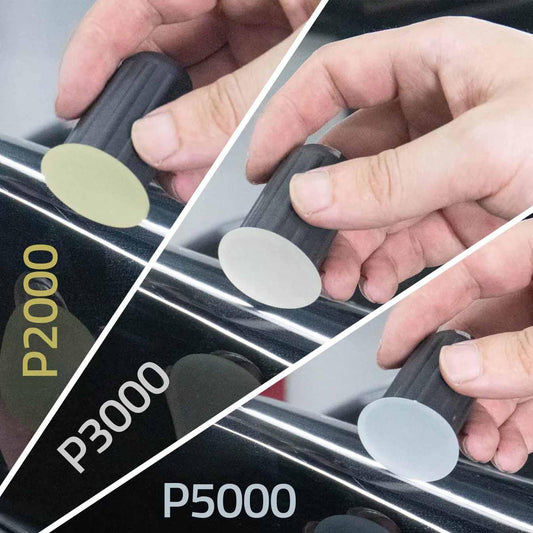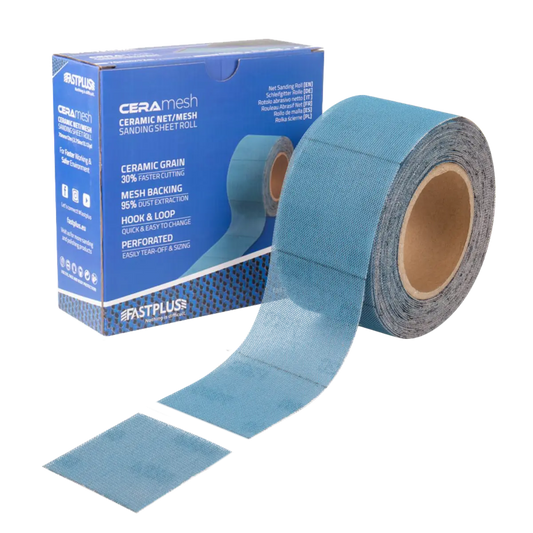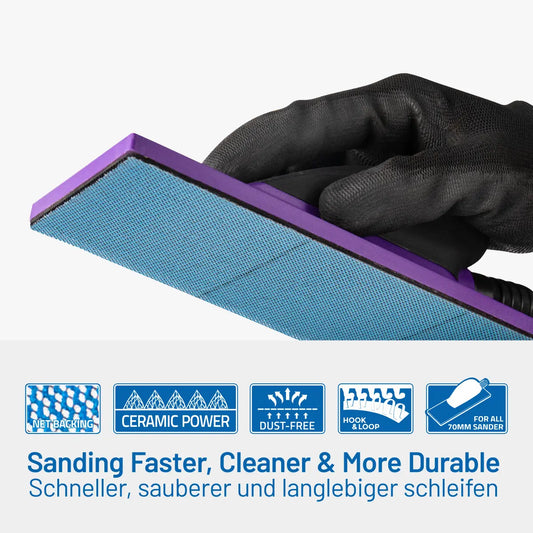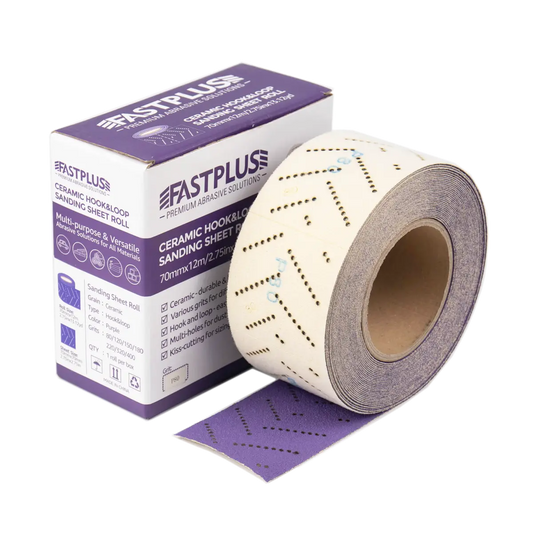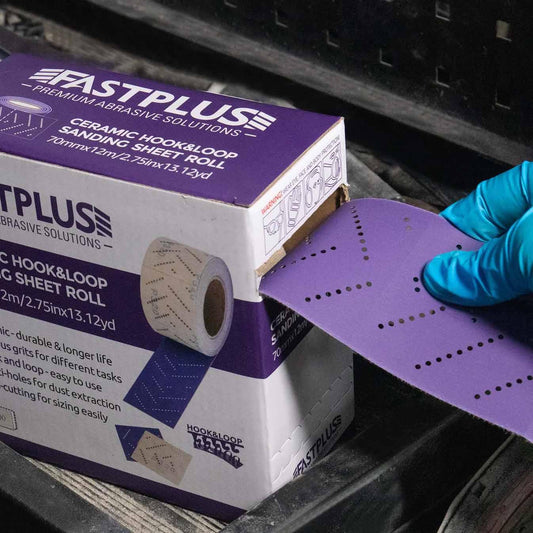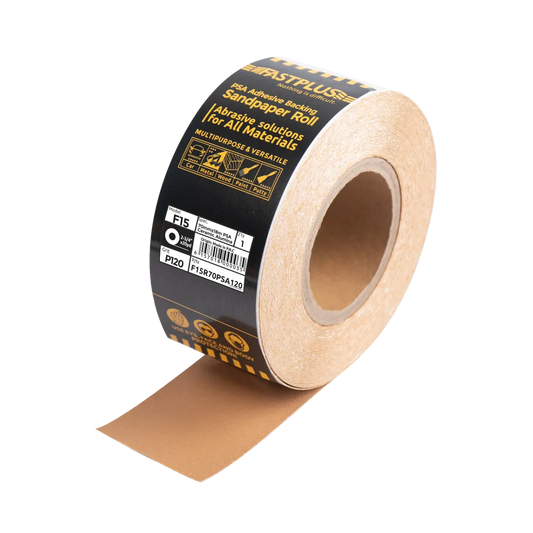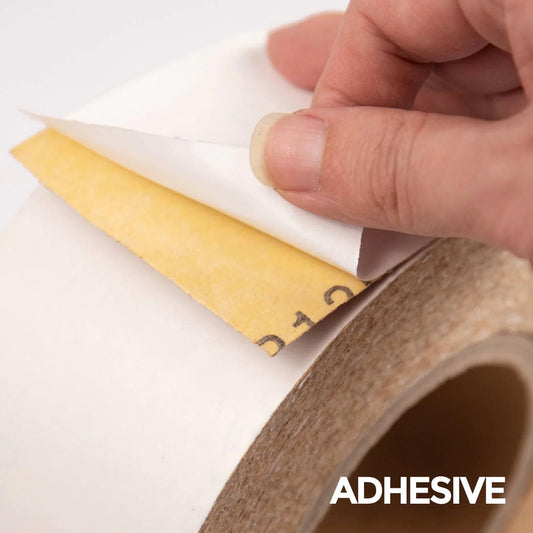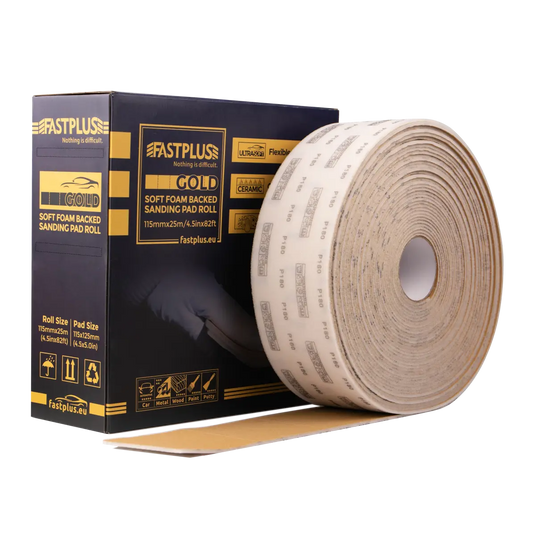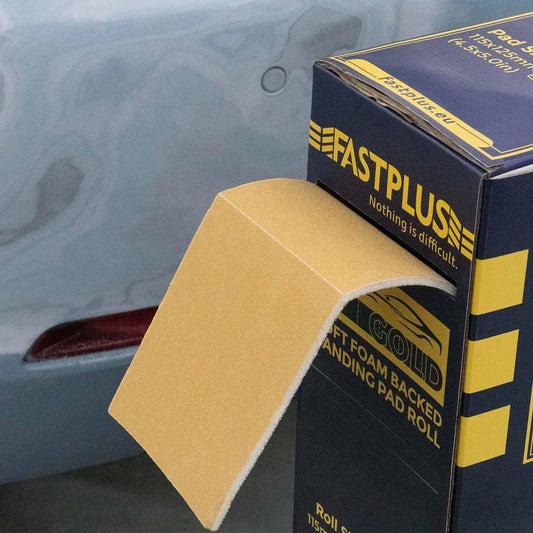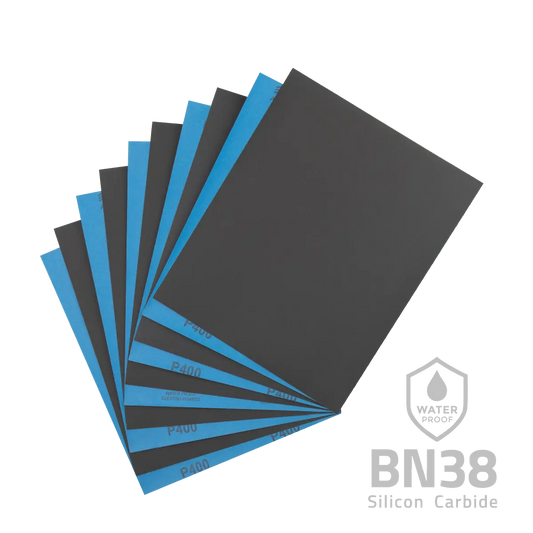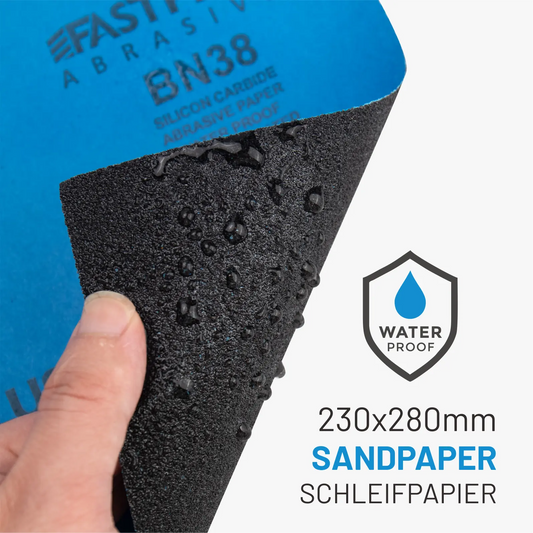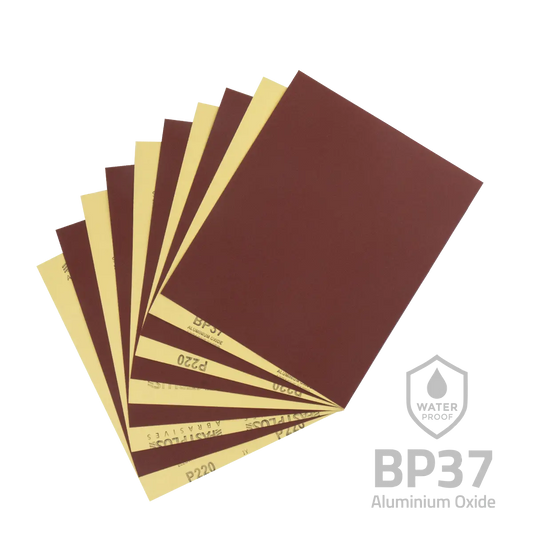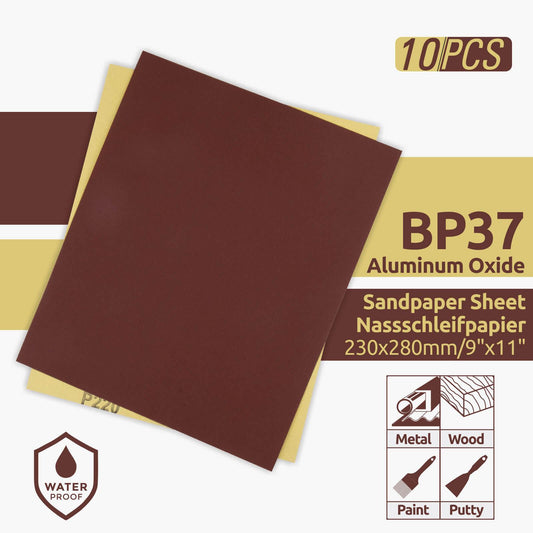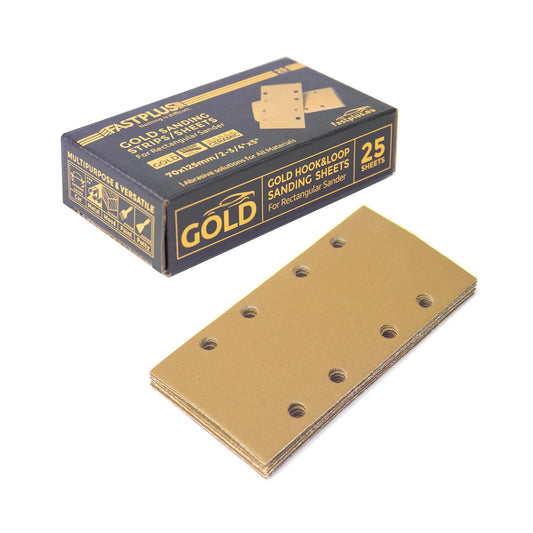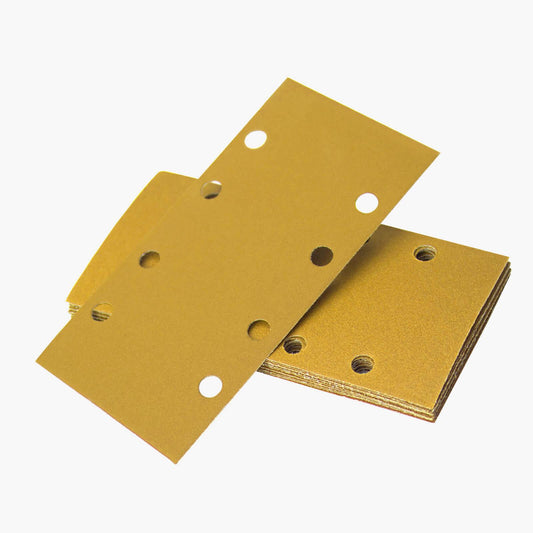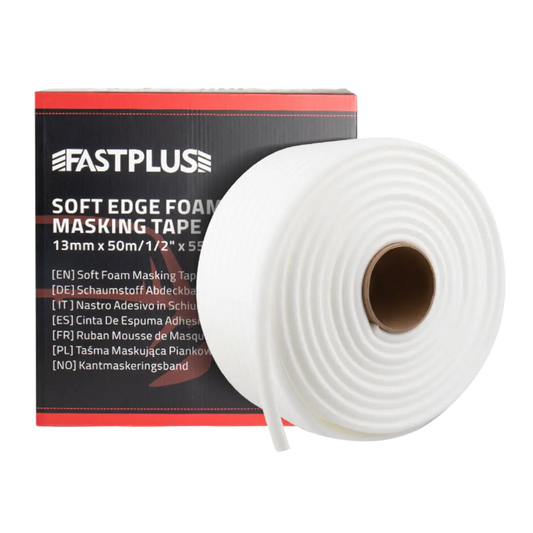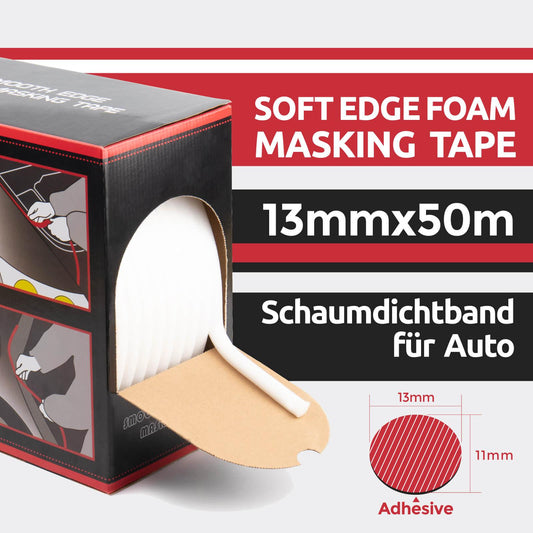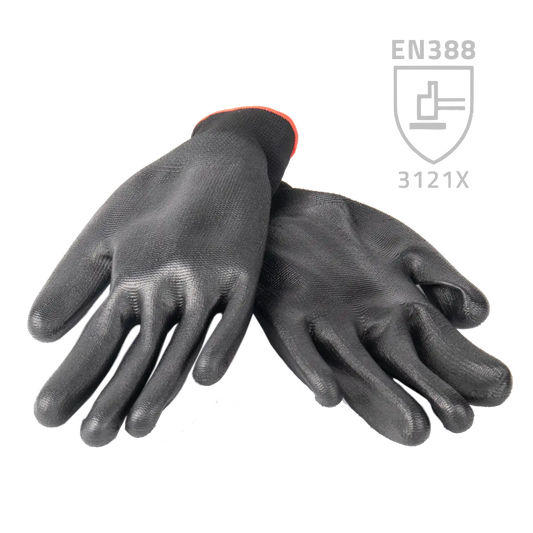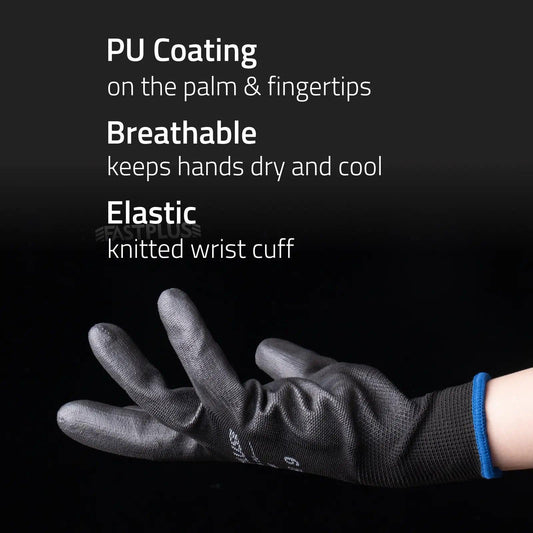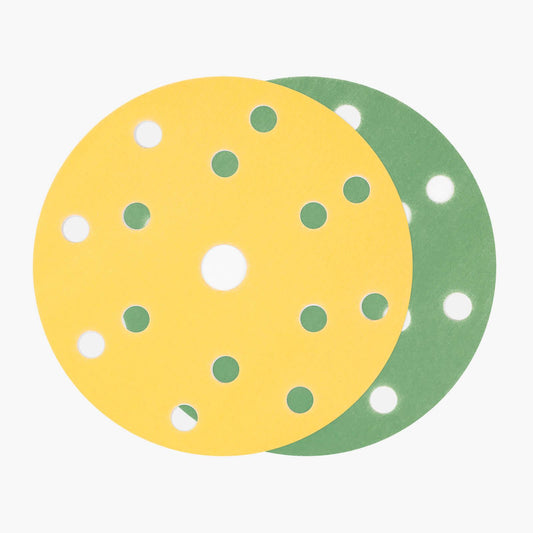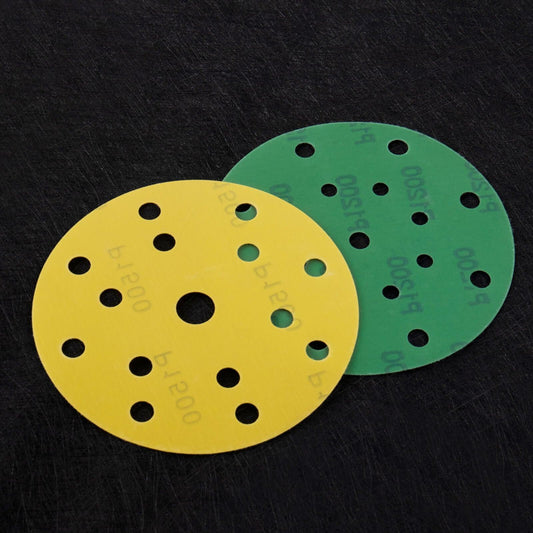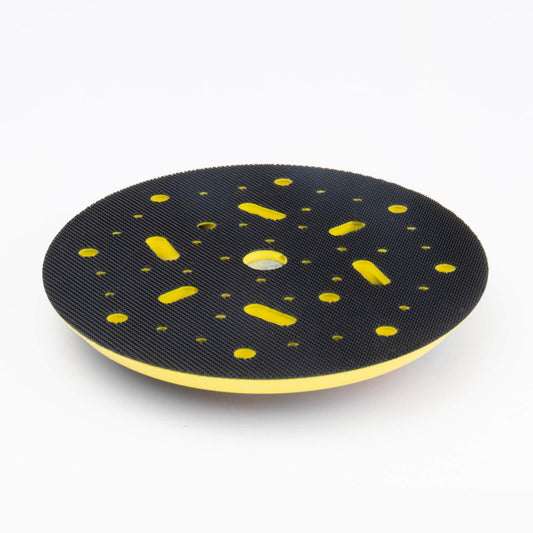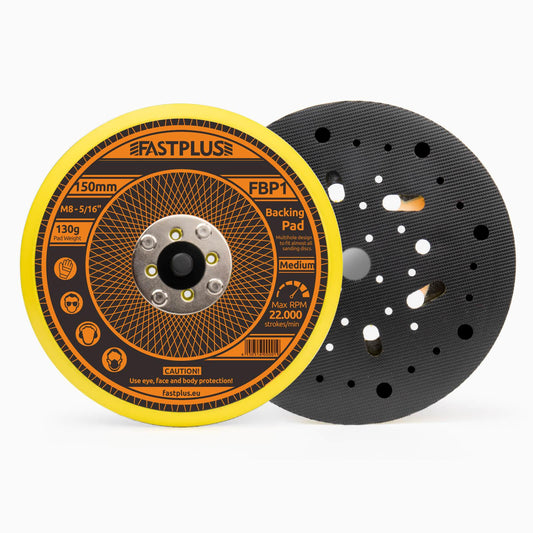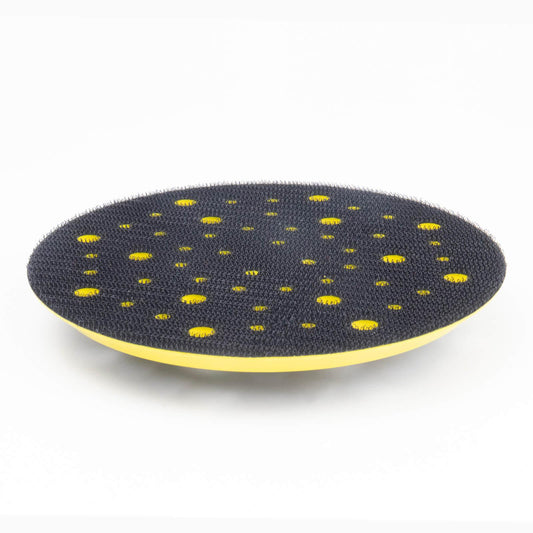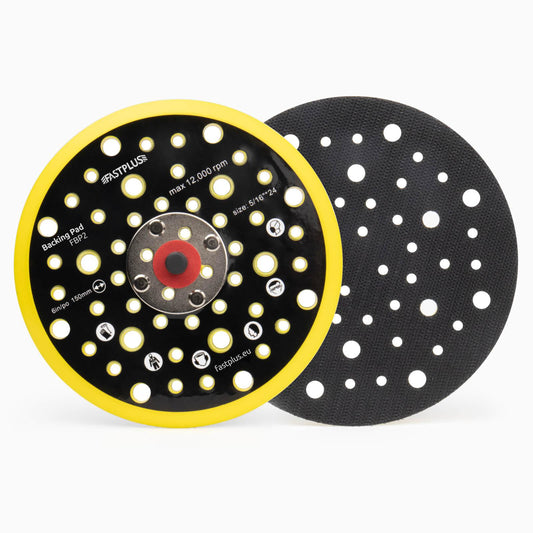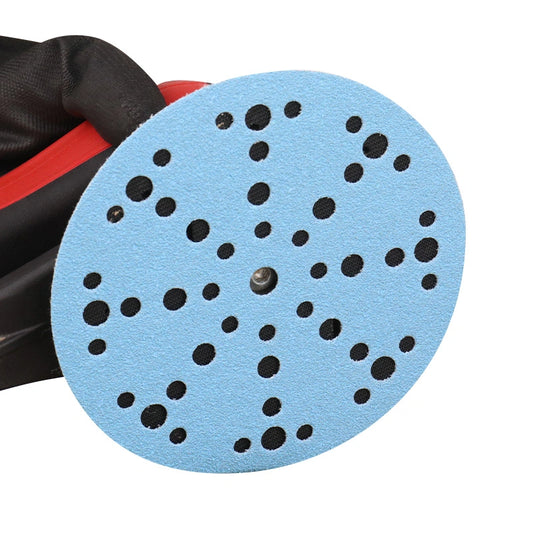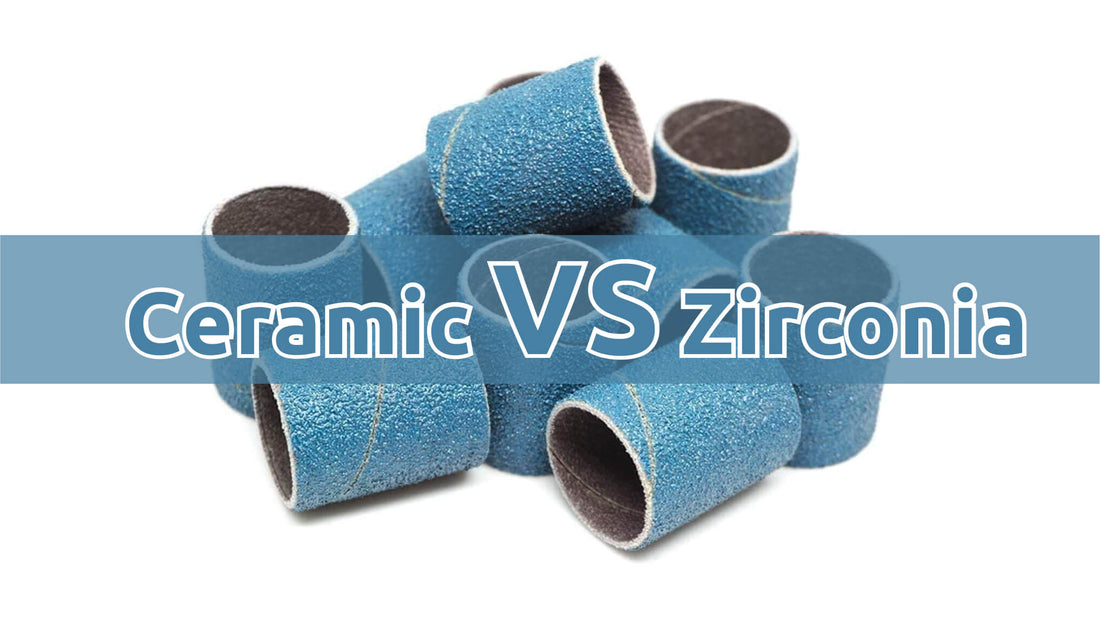
Ceramic vs Zirconia Abrasives: Which is the Better Option?
When you’re working on a project, you want to complete it to the best of your ability. To achieve that, you not only have to have the requisite knowledge but also be able to use the best tools for the job.
Abrasives, there are a lot of options to choose from in the market. But we’ll be focusing on two very common choices when you’re on the lookout for abrasives for your next project: ceramic abrasives and zirconia abrasives.
The key thing here is to understand the difference between the two types of abrasives. They each have their strong points and weaknesses as work tools are made from different materials. The key thing is to itemize what's most important to you and decide on your choice of abrasives accordingly.
What are Abrasives?

Some form of abrasives has been utilized since the stone age when sand was used to grind, flat, and smooth them. Then, there were animal skins, which were used for honing and sharpening blades and swords during war times. But today, abrasives are at a whole new level. Abrasive fabricators utilize various natural and artificial abrasive grains for grinding, sanding, and smoothening of materials. On that note, when we talk about differences between two abrasives, the difference is really in the grains.
Abrasive grains are generally classified based on grain size, hardness, and abrasive material. Hence, selecting the right abrasives becomes even more important depending on the different grinding, woodworking, and metalworking applications.
Abrasive grains are made from either natural or synthetic hard substances and are used to remove excess materials from the surface of your workpiece. Therefore, any hard surfaces that are used on metals, alloys, wood, or other materials to grind or polish them are called abrasive grains. Abrasives are also classified as either natural or synthetic abrasives. Some examples of natural abrasives include corundum, emery, and diamond.
Examples of synthetic abrasives include aluminum oxide, silicon carbide, and natural diamond. Together with aluminum oxide, ceramic, and zirconia – the focus of this guide - form the three most popular types of abrasive.
Ceramic Abrasives
Ceramic abrasives are one of the most popular types of abrasives on the market and for good reasons. Ceramic abrasives are well known for having the fastest cut rate among all abrasives. And they are the most durable as well. The machining industries love them because they are like nothing that existed before. Ceramic abrasives deliver consistent and aggressive cuts both under moderate and high pressure. Typical ceramic abrasive grit ranges from 24 to 120. Compared to zirconia grains, ceramic abrasive grains have a finer micro-crystalline structure. However, that fine crystalline structure makes them more sensitive to temperature and heat.
WHAT ARE CERAMIC ABRASIVES USED FOR?
Ceramic abrasive grains are very versatile and utilized to manufacture different sanding tools. Ceramic abrasives are used for grinding, sanding, deburring, heavy material removal, and conditioning metal surfaces. Ceramic abrasives do exceptionally well on aluminium material, mild steel mill scale, stainless steel, and alloys of titanium which are commonly used in the aerospace industry.
Ceramic abrasives are the best-suited abrasives for making sanding sheets, ceramic sanding discs, and other sanding tools, which are wildly used in automotive, car paint preparation, metal sanding, rust removal, woodworking, and other sanding applications.
Why you Should Get Ceramic Abrasives:
- They have a similar structure to zirconia and are coated with resin.
- Ceramic Abrasives have a faster cut rate and would last longer than typical zirconia abrasives.
- Ceramic abrasives are a great choice for metal finishing and titanium alloys – commonly in aerospace industries.
Zirconia Abrasives
Zirconia alumina, also known as “Zir”, is a type of abrasive that is very suitable for coarse to medium grit metal works. Zirconia is a self-sharpening abrasive grain and can be sharpened by ceramic abrasives too. Unlike ceramic, zirconia abrasives are not that sensitive to heat and temperature so give excellently consistent performance all through. Zirconia has a wider abrasive grit range of 24 to 180, but you get the best performance with zirconia at the range of 24 to 120 grit. The color options available for this type of abrasive are green and blue.
WHAT ARE ZIRCONIA ABRASIVES USED FOR?
Zirconia abrasives are very hard, and harder than ceramic ones so are better suited for high-pressure machining and grinding applications. Zirconia abrasives find the most applications in the steel manufacturing industry. Zirconia abrasives are the best-suited abrasives for making sanding sheets, sanding discs, and other sanding tools.
Why you Should Get Zirconia Abrasives:
- Zirconia alumina is coated and resin-bonded abrasive grains.
- Zirconia abrasives are suited for high-pressure and high-heat applications.
- Zirconia is less expensive compared to ceramic abrasives grains.
- Zirconia is ideal for manufacturing tools like sandpaper, abrasive discs, and grinding belts.
Ceramic vs Zirconia Abrasives: Which is Better?
Both zirconia and ceramic last longer and remove metal faster than alumina. However, when deciding on a particular material, it is important to consider the heat of the project and the pressure required for the project. Ceramics are more sensitive and are best suited for lower-pressure projects. On the other hand, if higher pressure is required, zirconia is the best choice for these applications.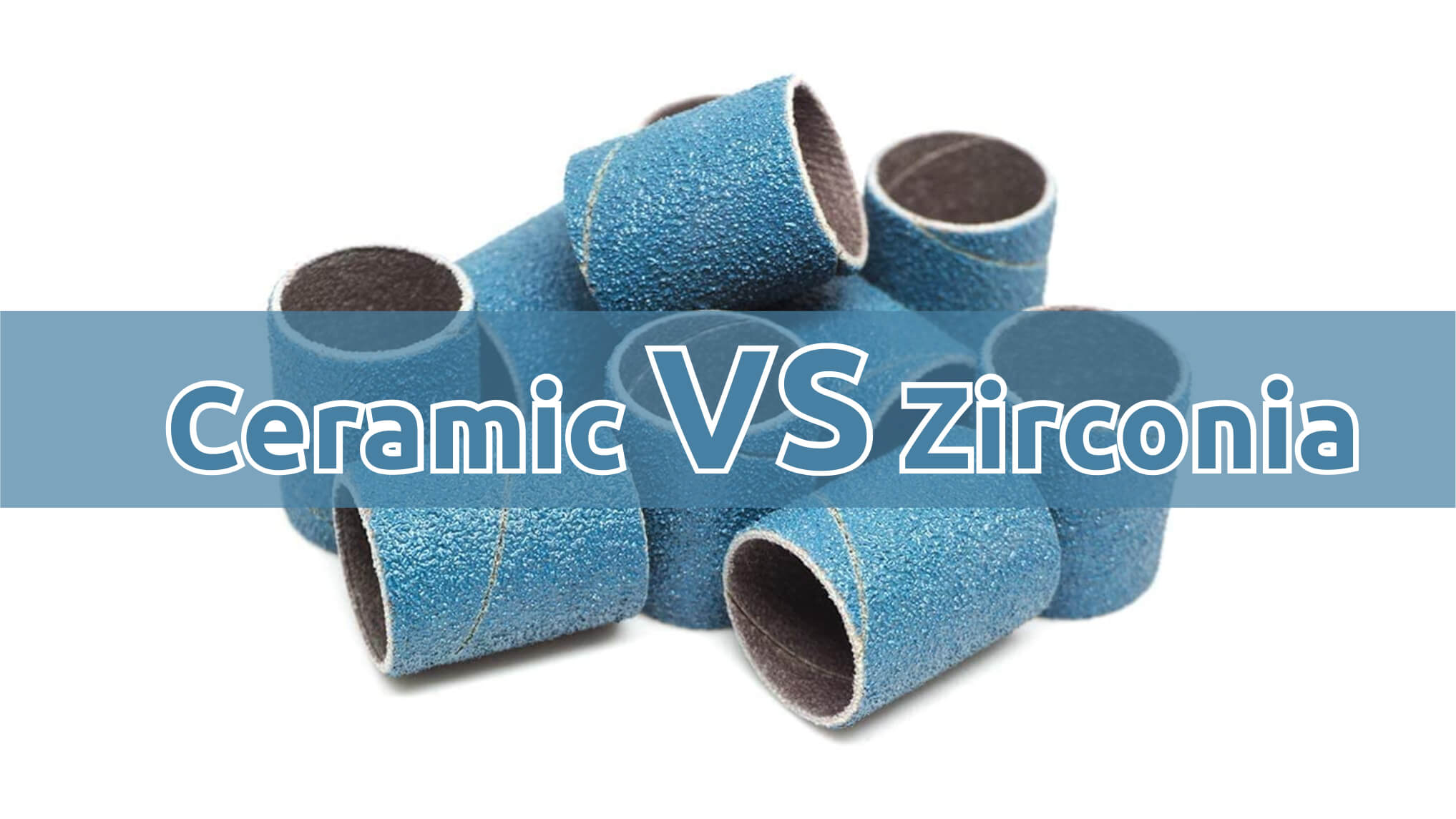
Although ceramic lasts longer than zirconia, they are both excellent choices. Both abrasive grains will sharpen themselves as they wear, and both are primarily used for metal applications. Ultimately, it's important to base your decision on whether it's high or low pressure.
Ceramic Grain:
- Self-sharpening with use
- Lasts longer than zirconia.
- Works best under low to moderate pressure
- Excellent for finishing knives
- Excellent for titanium and other aerospace metals
- Works best at low to moderate heat
- Suitable for light mill scale
Zirconia Grain:
- Self-sharpening with use
- Lasts longer than aluminum oxide
- Works best under high pressure
- High heat resistance
- Does not work on mill scale
- Not ideal for polishing
- Best suited for harder surfaces
Zirconia and ceramics are both excellent choices. Zirconia is an overall more versatile abrasive for beginners and advanced users. It is inexpensive, durable, and works well for metals and woods. Ceramic has its place in the industry but is better suited for those who can ensure a low-pressure application, or for those working on more exotic metals.
Final Thoughts
Ceramic and zirconia grains are two very performant abrasives materials in the market today. The best results lie in the type of application you're going to be using them for. This guide explains how you can arrive at an informed decision when selecting between the two types of abrasives. Ceramic and zirconia grains are two very performant abrasives materials in the market today. The best results lie in the type of application you're going to be using them for. This guide explains how you can arrive at an informed decision when selecting between the two types of abrasives.
Buy Fastplus Factory-Direct Abrasives
Want to purchase high-quality, factory-direct sanding discs, sanding sheet rolls, and film abrasive discs for automotive applications? Try Fastplus Abrasives today and place your orders online! 
